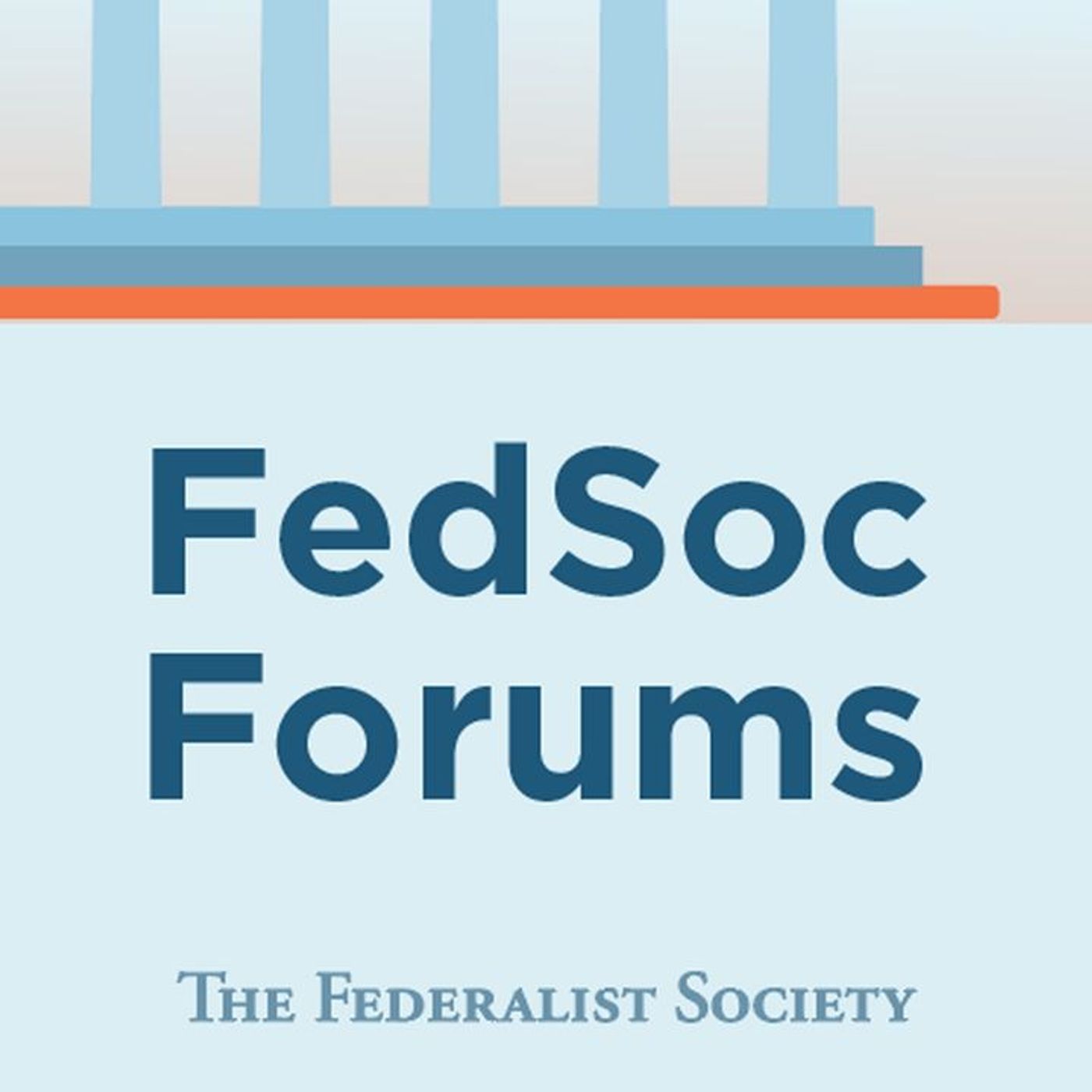Litigation Update: US v. Apple
Description
In March of this year, the U.S. Justice Department and 16 states filed a sweeping complaint against Apple alleging that it has monopolized and attempted to monopolize US markets for smartphones and “performance” smartphones. At issue is an array of current and past Apple policies and restrictions governing the way that third party applications access and engage on the iPhone platform. Plaintiffs claim that Apple’s failure to open its platform prevents the development of “super apps” and cross-platform functionality that would make it easier and more attractive for Apple users to select or switch to rival smartphones, while in contrast, Apple characterizes its practices as a procompetitive way to differentiate its products and make them more attractive and safe for consumers to use.
As this litigation progresses, what are likely to be the most hotly contested—and possibly determinative—issues of fact and law? How will they affect the outcome of the case, including with respect to potential remedies, and further development of the law of monopolization? And, considering how the Apple complaint fits into the Biden Administration’s view of competition in high-tech platform markets, what impact could a potential change in Administrations have?
Featuring:
Prof. Rebecca Haw Allensworth, Associate Dean for Research, David Daniels Allen Distinguished Chair of Law
Hon. Maureen K. Ohlhausen, former Acting Chairman, Federal Trade Commission, Partner, Antitrust and Competition, Wilson Sonsini Goodrich & Rosati
Moderator: Deborah Garza, Partner, Rule Garza Howley LLP
--
To register, click the link above.
More Episodes
In September, the Department of Justice announced that it would withdraw its 1995 bank merger guidelines and apply its 2023 merger guidelines for all industries, a move that some have interpreted as signaling stricter review of bank mergers. At the same time, Congress is considering the “Credit...
Published 11/05/24
Published 11/05/24
In 1906, Congress passed the Antiquities Act, which gives the President the authority to set aside federal land to protect "objects of historic or scientific interest." Presidents have since used the Act in increasingly broad ways, setting aside millions and millions of acres to protect broader...
Published 11/05/24


